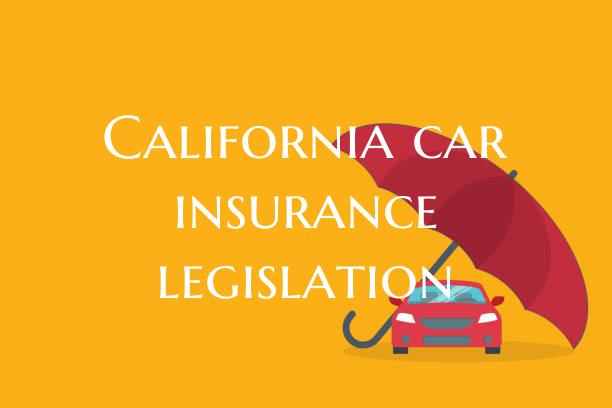California Car Insurance Legislation: Understanding the State's Legal Requirements
Introduction:
California is known for its stringent regulations when it comes to car insurance. It is important for residents of the state to understand the legislation related to auto insurance to ensure compliance with the law and adequate protection in case of accidents.
Minimum Liability Coverage:
In California, drivers are required to have a minimum amount of liability insurance to cover bodily injury and property damage in case of an accident. The state's minimum liability coverage limits are set at $15,000 for injury or death to one person, $30,000 for injury or death to more than one person, and $5,000 for property damage.
Uninsured Motorist Coverage:
California law also mandates uninsured motorist coverage to protect drivers in case they are involved in an accident with someone who does not have insurance. This coverage helps pay for medical expenses and damages if the other driver is at fault and is uninsured or underinsured.
Proof of Insurance:
Drivers in California are required to carry proof of insurance in their vehicles at all times. Failure to provide proof of insurance when requested by law enforcement can result in fines and penalties.
Penalties for Non-Compliance:
Failure to comply with California's car insurance requirements can result in serious consequences. Drivers may face fines, license suspension, and even vehicle impoundment if caught driving without proper insurance coverage.
Conclusion:
Understanding California's car insurance legislation is crucial for all drivers in the state. By ensuring compliance with the law and having adequate insurance coverage, residents can protect themselves and others in case of accidents while avoiding potential legal troubles. Stay informed about the latest updates in car insurance legislation to stay on the right side of the law.

